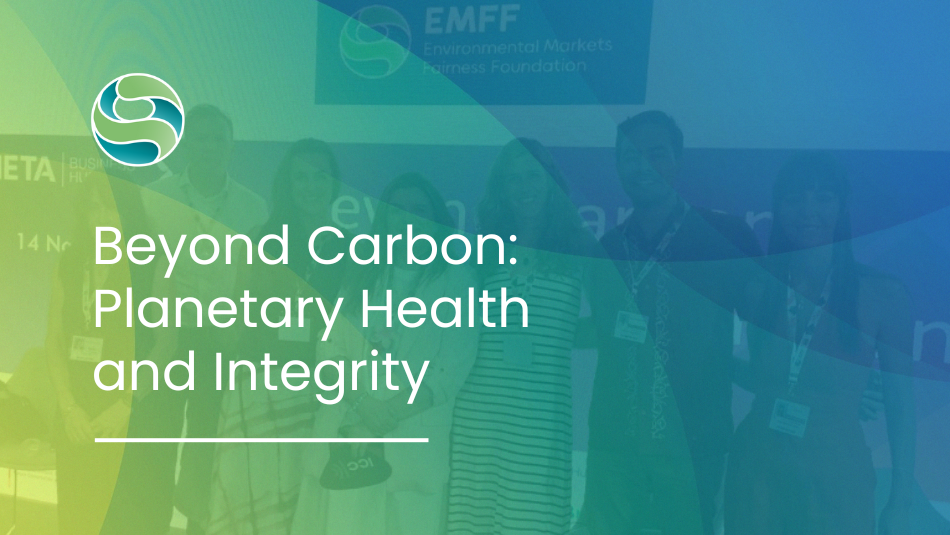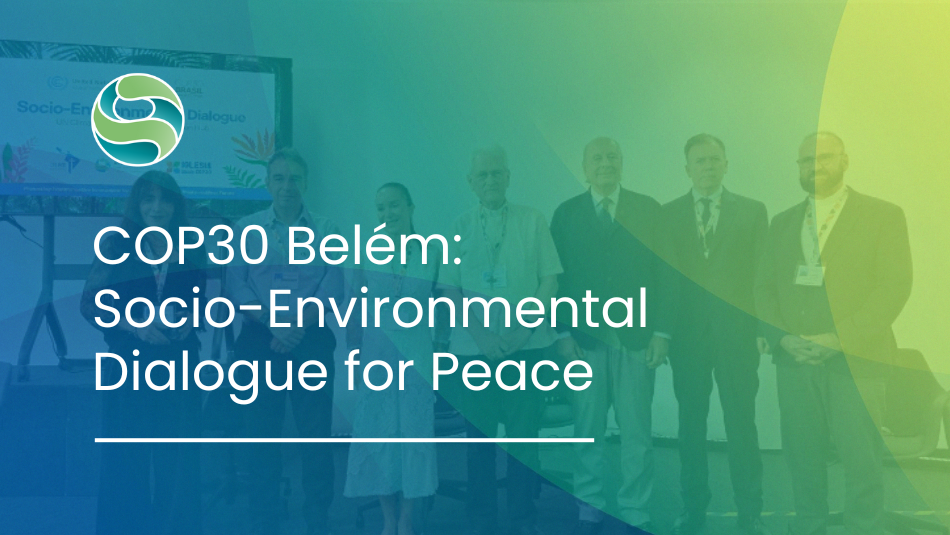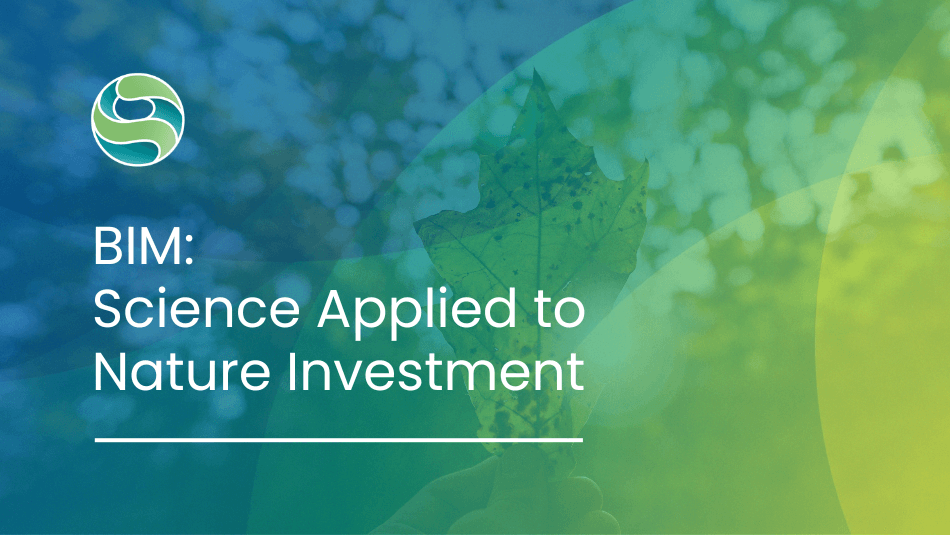We build fairness in environmental markets
Our approach
Fair Environmental Markets Initiative aims
Fairness
Promote fair environmental market opportunities for developing high-quality, sustainable projects that benefit grassroots communities.

Transparency
Ensure traceability and access to information on projects and transactions of environmental assets.

Environmental Integrity
Conduct all projects and initiatives transparently and ethically, ensuring environmental integrity.

Holistic Approach
Integrate multiple perspectives and disciplines to tackle the global environmental crisis, promoting fairness and effectiveness.

EU Sets Nature Credit Framework
An opportunity to restore trust and generate real value through integrity
At the Environmental Markets Fairness Foundation (EMFF), we welcome the publication of the European Union’s “Roadmap towards Nature Credits,” a key step toward building an ecosystem-based market with integrity and robust methodologies. The document sets out four strategic pillars: cross-sector collaboration, sound and adaptable methodologies with safeguards, stimulating both supply and demand, and catalyzing public-private finance.
We particularly value the recognition of ecosystem stewards—farmers, fishers, and local communities—as key players. In the current context of shaken trust in environmental markets, this roadmap represents a timely opportunity to rebuild. Based on our in-depth analysis of biodiversity credit methodologies in Latin America, we identify both strengths and critical gaps to address.
Mercados de Naturaleza: Un camino de coherencia, diálogo e integridad.
En los últimos meses, nuestra agenda se ha desplegado en dos planos que se potencian mutuamente: por un lado, espacios […]
Beyond Carbon: Planetary Health and Integrity Panel
On November 14, during COP30 in Belém, Brazil, we participated in the panel Beyond Carbon: Planetary Health and Integrity, held […]
COP30 Belém: Socio-Environmental Dialogue for Peace Panel
EMFF joins the Strategic Alliance for Biodiversity Markets On November 13, at COP30 in Belém, we co-organized together with the […]
The Biodiversity Intelligence Methodology (BIM): Science Applied to Nature Investment
EMFF joins the Strategic Alliance for Biodiversity Markets At Climate Week NYC 2025, together with Biodiversity Intelligence and Cercarbono, we […]

The initiative
How was the initiative born?
The Fair Environmental Markets Initiative aims for the emergence of a scheme of Fairness and Transparency that encourages active engagement of local communities, environmental integrity and equitable distribution of benefits of sustainability projects.
It is a strategic partnership forged between regions, governments, private sector, organizations (NGO/IGO) mostly from West Africa and Latin America, strengthened as the trustees of the planet’s major remnants of primary forests and biodiversity, these regions have the opportunity to position themselves as environmental creditors and pioneer a holistic approach towards environmental markets.
❝ Major international consulting firms and multilateral banks estimate that half of the global GDP depends on nature. I ask them, what does the other half depend on? It’s unimaginable that in the 21st century we still don’t understand that all human activity, directly or indirectly, relies on some service provided by nature. ❞
Patricio Lombardi
Executive Director
ALLIANCES
Partners & Friends










































